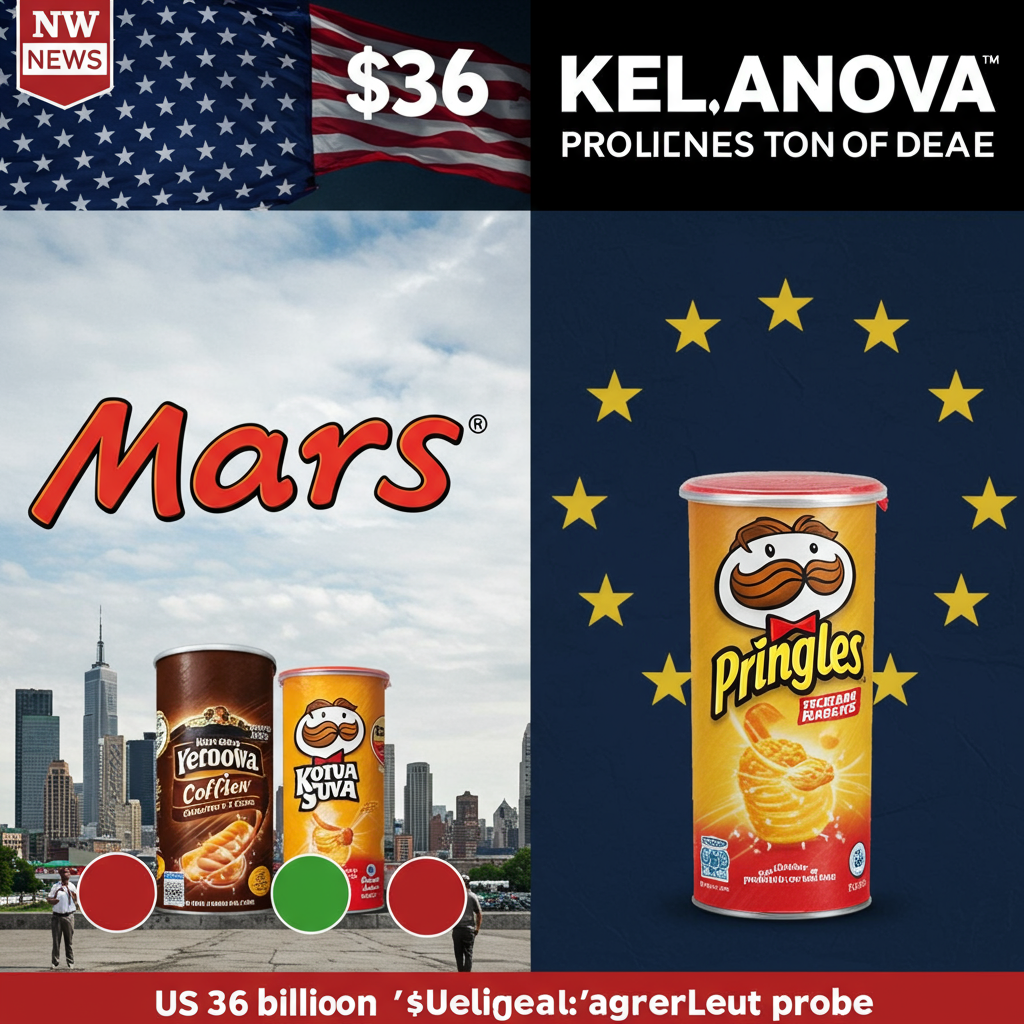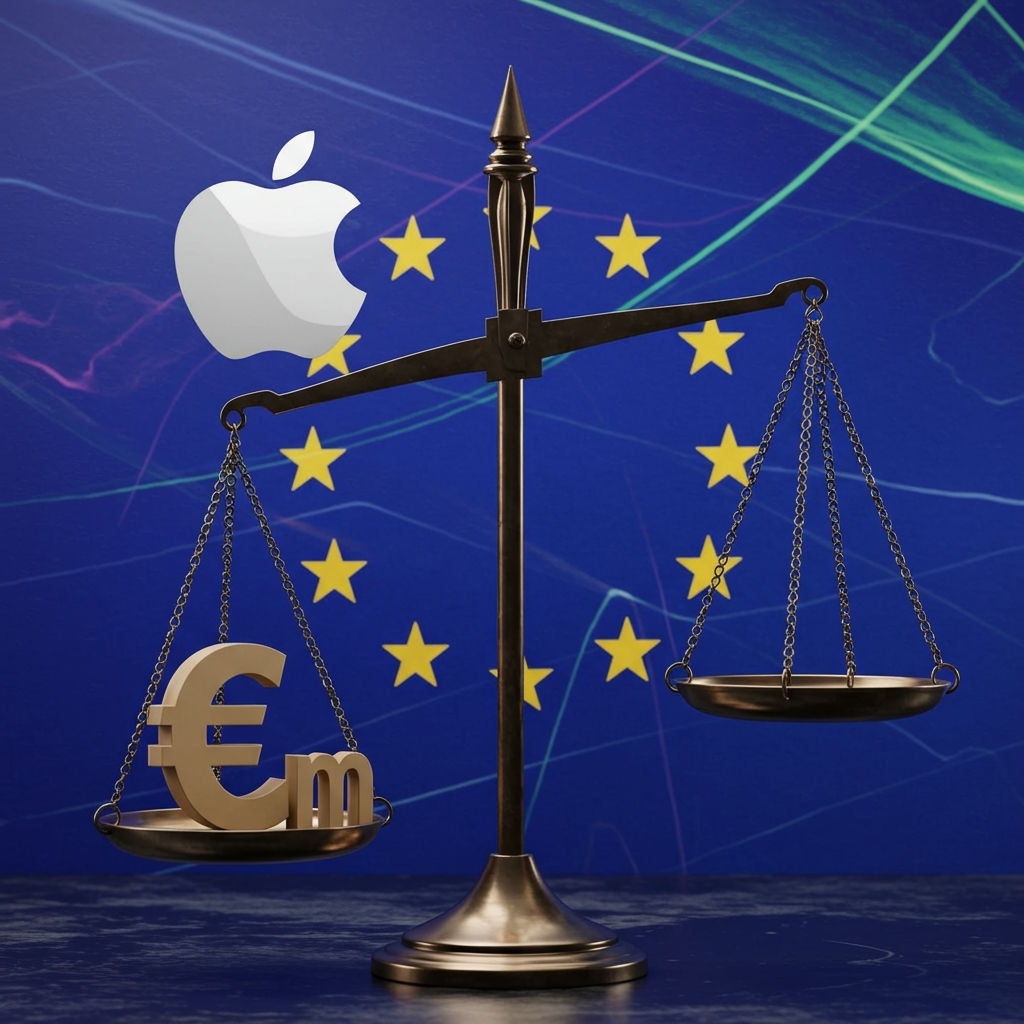Mars-Kellanova Deal: US Green Light Contrasts with EU Probe
Snack giant Mars Inc. has received a significant regulatory approval for its ambitious $36 billion takeover of Kellanova, the company behind iconic brands like Pringles. The green light came from U.S. antitrust regulators, clearing a crucial hurdle for the massive packaged food industry merger.
However, this positive development in the United States arrived on the same day that European Union regulators launched a more extensive investigation into the proposed combination, setting the stage for potential delays or conditions across the Atlantic.
US Regulator Clears the Path
The U.S. Federal Trade Commission (FTC) formally approved Mars’ acquisition of Kellanova, stating that a review concluded the transaction “does not meet the standard for an anticompetitive merger.” This decision removes a key domestic regulatory obstacle for the multi-billion dollar deal.
The head of antitrust enforcement for the Washington-based agency confirmed the review found no substantial competition concerns in the U.S. market that would warrant blocking the merger.
EU Launches In-Depth Investigation
In contrast to the U.S. approval, the European Commission, the EU’s antitrust watchdog, initiated a deeper probe into the Mars-Kellanova acquisition. This move followed their initial review phase, which was scheduled to conclude by June 25. Launching a full investigation signifies that the Commission has identified potential competition concerns that require a more thorough four-month assessment.
Potential Outcomes: The EU investigation could result in several outcomes, including outright approval, approval contingent on specific remedies (like divestitures), or, in rare cases, blocking the transaction if significant harm to competition is found.
Retailer Concerns: While legal experts largely believe the deal will ultimately clear regulatory hurdles due to limited product overlap between the companies, reports indicate that some European retailers have expressed concerns directly to the Commission. These concerns could influence the EU’s decision and potentially lead to demands for concessions from Mars and Kellanova.
Strategic Play in a Consolidating Market
The proposed $36 billion acquisition, first announced by family-owned Mars in August of last year, aims to bring together a diverse portfolio of beloved brands under one corporate umbrella. Mars’ roster includes M&M’s and Snickers, while Kellanova contributes Pringles and Pop-Tarts, among others.
This merger is indicative of a broader trend of consolidation sweeping through the U.S. packaged food sector. Companies are increasingly seeking greater scale and efficiency to better navigate challenging economic conditions. Factors like inflation have impacted consumer spending, leading some shoppers to seek less expensive options, including private label brands, creating pressure on established food manufacturers.
Deal Timeline and Outlook
Mars and Kellanova initially targeted completing the transaction by August of the current year. However, the deal agreement includes built-in flexibility, allowing for an extension of up to 12 months if needed to secure necessary regulatory approvals globally, including the ongoing review by the European Union.
Despite the EU’s closer scrutiny and reported third-party concerns, legal analysts following the transaction generally anticipate that Mars and Kellanova will ultimately succeed in obtaining the required clearances. Their assessment is based on the perceived lack of substantial overlap in the core product categories and market activities of the two confectionery and snack giants.
With the critical U.S. approval secured, the focus now shifts to Brussels as Mars and Kellanova work to address the European Commission’s concerns and navigate the final regulatory steps towards finalizing their multi-billion dollar union.




